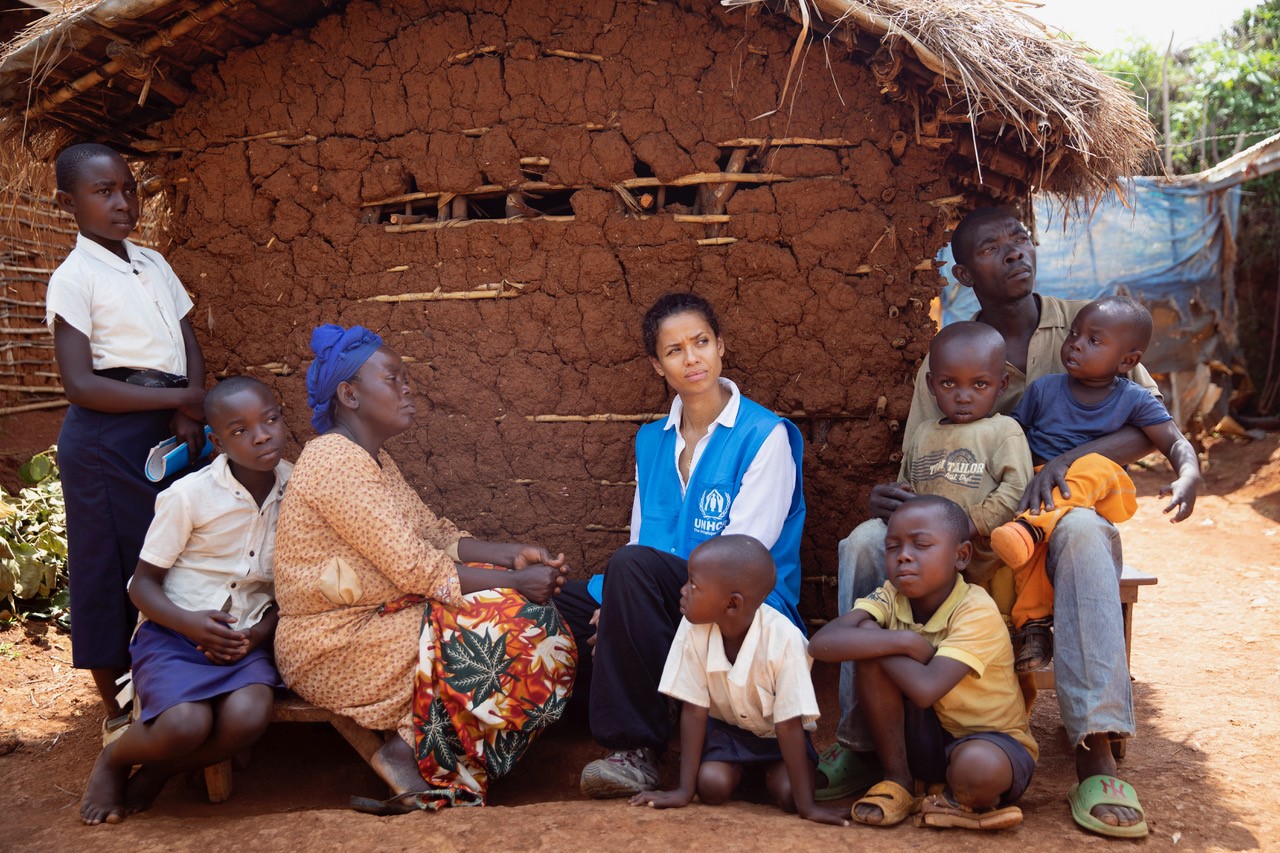Time, funds running out for Darfur refugees in Chad, warns UNHCR
Time, funds running out for Darfur refugees in Chad, warns UNHCR

GENEVA, May 14 (UNHCR) - Time and money are running out for Sudanese refugees in eastern Chad, warned the UN refugee agency on Friday as it appealed for urgent funds to sustain its assistance programmes ahead of seasonal rains expected in the coming weeks.
UNHCR and its partners are racing against time to relocate and assist some of the 120,000 people who have arrived in eastern Chad after fleeing conflict in western Sudan's Darfur region over the last year. Hundreds more are arriving every week in north-eastern Chad.
To date, the refugee agency has received only $13 million out of the nearly $21 million needed to fund these operations. It has spent all the contributions so far and is using funds borrowed from its operational reserve to pay for the programme.
"An urgent injection of new funds is crucial to keep our programmes running and meet the looming deadline of the onset of heavy rains that will block roads and cut access to the refugees," stressed UNHCR spokesman Kris Janowski at a news briefing in Geneva Friday. "We are also revising our budgets upwards in the face of continued refugee arrivals and the need to prepare additional camps."
So far, more than 68,000 refugees have moved away from the insecure Chad-Sudan border to six camps further inland in eastern Chad. This includes 58,000 people transferred on UNHCR convoys and 10,000 who travelled to the camps on their own when they heard about the assistance available.
"The situation at the border is very tense and the refugees are under constant threat of incursions from the other side of the border. Hence the urgency of moving them further inland," said Janowski.
At the same time, he added, "The urgent quest for more camp sites continues in the midst of one of the most inhospitable terrains in which we have ever had to operate. Our staff continue to battle the desert to help the refugees, in the face of extremely scarce water supplies, sand storms, and thousands upon thousands of square kilometres of territory crisscrossed only by sandy roads in extremely poor condition."
Meanwhile, UNHCR continues to airlift relief items to eastern Chad from its supplies in Tanzania, Pakistan and Europe. In the last two weeks, it has flown in 3,500 family tents from Karachi, Pakistan, and 1,000 lightweight tents are scheduled to arrive on Monday. Last week, the agency also brought in 10 additional trucks to boost its capacity to move refugees from the border and haul supplies to the refugee camps. Ten more trucks are coming within two weeks.
The agency is also planning for another airlift of relief items including plastic sheeting, blankets, soap and jerry cans from our stockpiles in Ngara, Tanzania, as well as water bladders, generators and prefabricated warehouses from Europe and another 7,000 tents from Pakistan. This will be in addition to a 13-flight airlift of 511 tons of supplies from Tanzania, Pakistan and Denmark in February.
For Sudanese refugees still encamped at the Chad-Sudan border, UNHCR and its partners this week distributed relief supplies in the north-eastern Chadian towns of Bahai and Kariari, where some 27,000 refugees have been registered. The refugee agency has also opened an office in Bahai to maintain a more regular presence among this group of refugees.









